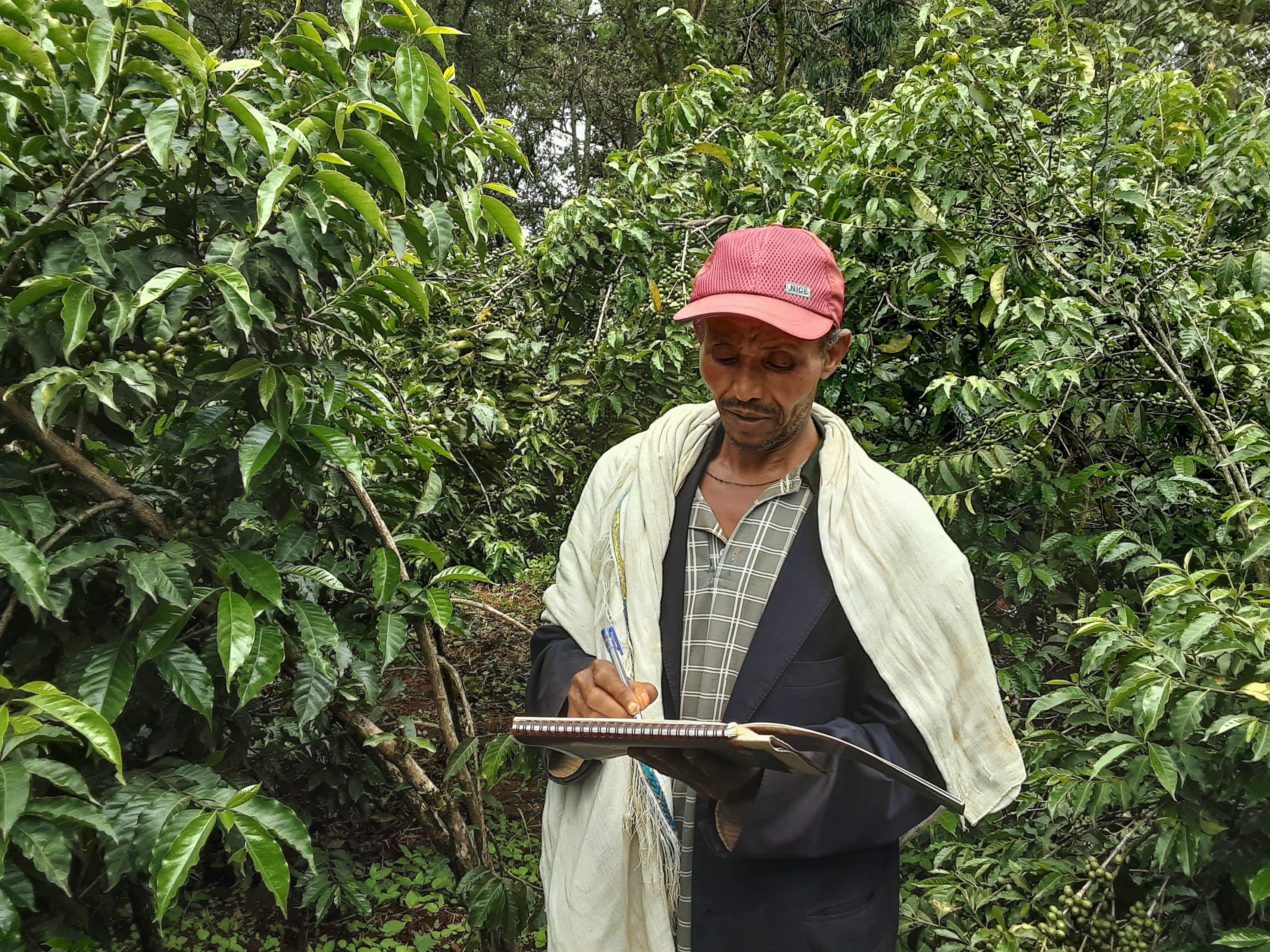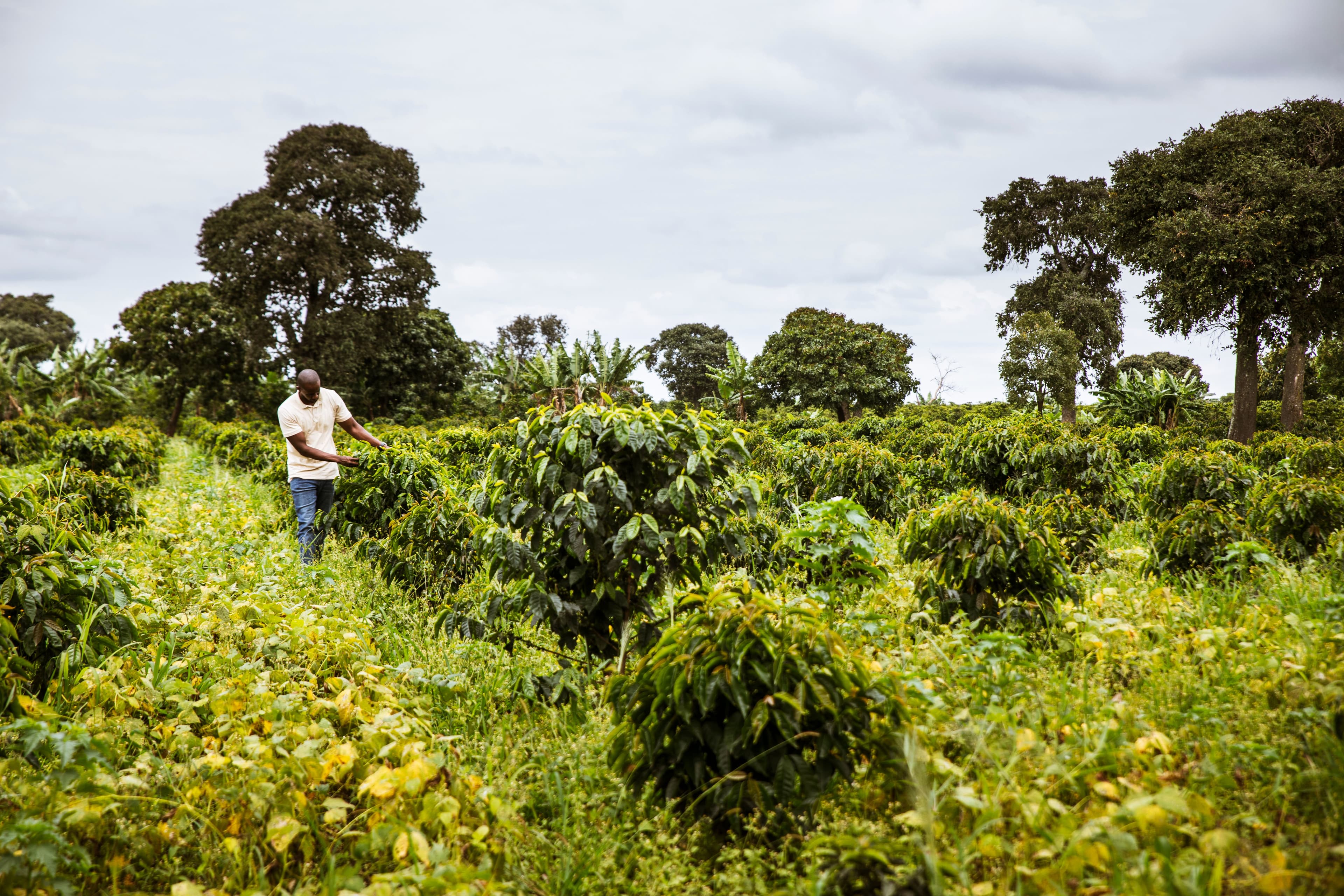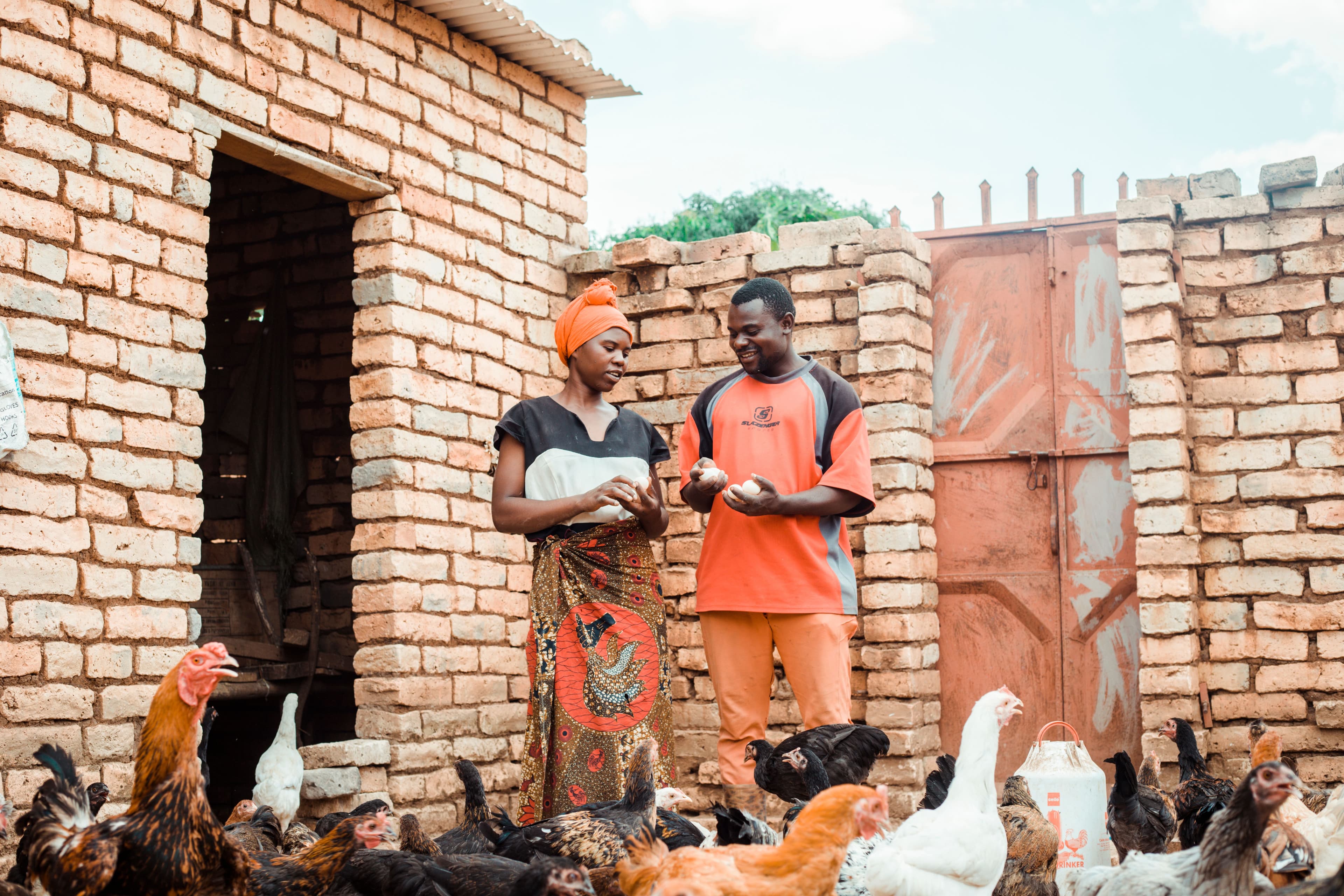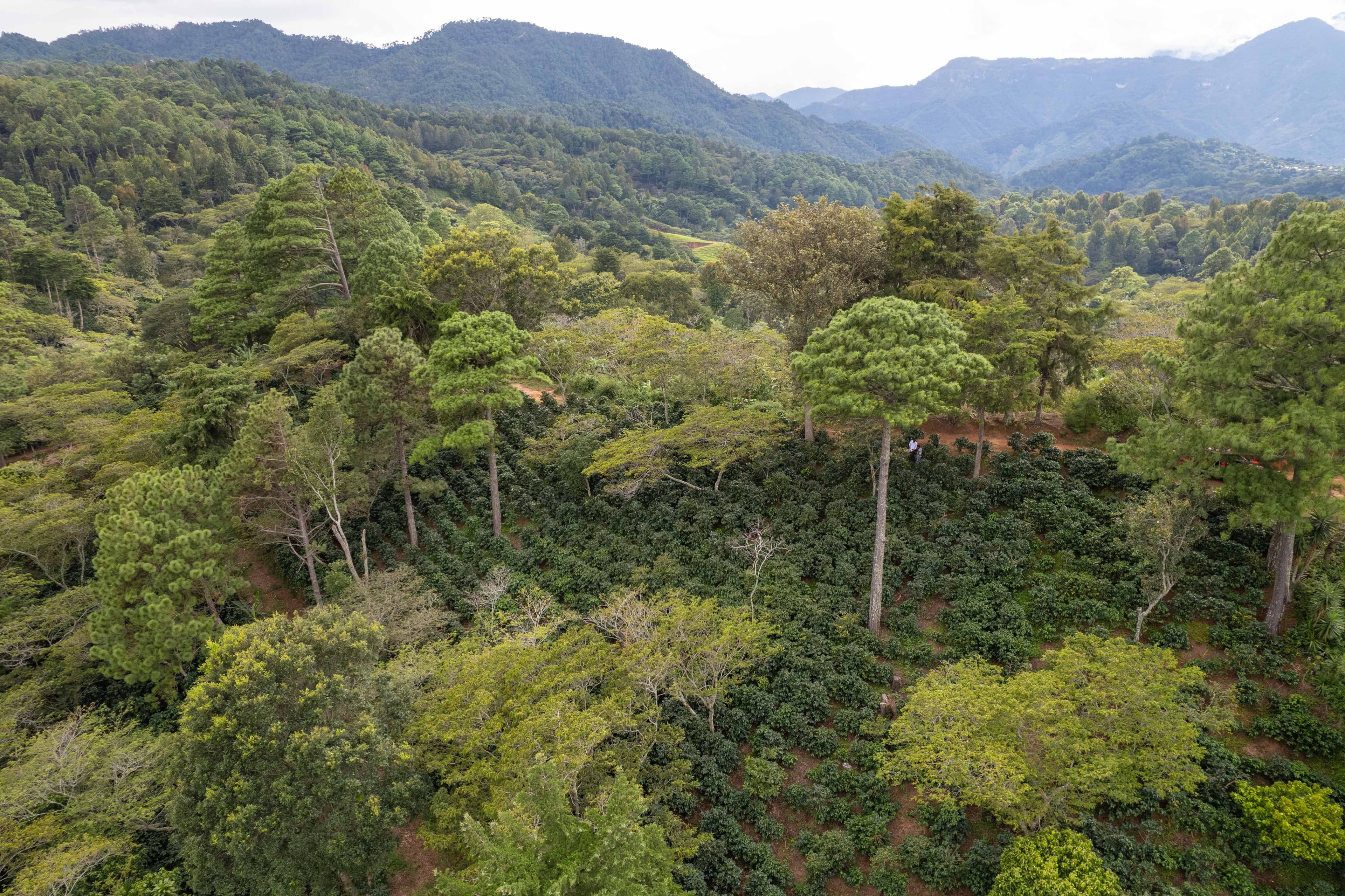
20 years ICP: A pre-competitive approach to coffee sustainability
At the beginning of International Coffee Partners (ICP) stands the idea that, if everyone in coffee sustainability is working alone, not enough can be achieved for smallholder coffee farming families. Only together things can be changed systematically and with a lasting impact. Doing that in a pre-competitive approach helps even more. Joint activities, personal exchange, shared values and interaction are therefore the core elements of ICP since its foundation in 2001.
Coffee crisis as starting point for ICP’s work on coffee sustainability
The coffee crisis in the late 1990’s and early 2000’s was the trigger for ICP. Michael R. Neumann – then CEO of Neumann Gruppe – took the initiative. The basic idea has been to tackle the strong impoverishment of coffee farming families due to revenue not covering production costs with a new approach. “As many companies felt the need to act, this has been the ideal situation to think about how to setup partnerships to make sure not everybody is doing something different”, remembers Michael Opitz, Managing Director of ICP since its establishment.
In 2000, Michael R. Neumann meet with some of his most relevant corporate partners like Tchibo in Germany, Löfbergs in Sweden, Paulig in Finland and Lavazza in Italy. Key from the very beginning: family-owned companies sharing the same values are the core of this new initiative. After a year of planning, the International Coffee Partners (ICP) Ltd. was founded by Lavazza, Löfbergs, Neumann Gruppe, Paulig and Tchibo. The reason for choosing a company structure for ICP has been to show the partners long-term commitment in a clear legal structure.
Innovative approach to coffee sustainability
“It has been very innovative not only by saying that the topic of low coffee prices has such an importance that we need to address it together. But also, because market competitors came together to work in a pre-competitive way”, remembers Opitz. From the very beginning he observed a strong dedication of the involved companies not only to support farmer families, but also to help them to become stronger in the coffee value chain. A pre-competitive programming with a non-profit orientation has been a key element from the beginning to make this possible.
From multiple locations to long-term commitment for coffee sustainability
Directly after the registration of ICP, the first projects started in Guatemala and Honduras. Projects in other countries like Peru and Cameroon followed. Important for the development of ICP’s long-term vision has been to stop implementing more or less randomly around the globe after some years. “Changing to long-term commitment in the regions, ICP is active in currently, was an important step to underline the idea of ICP”, remembers Opitz. It brought not only continuity to the projects. Through the long-term work on the ground, ICP also managed to support the spreading of knowledge within the regions through local partnerships in and around the farmer communities. Since 2005, Hanns R. Neumann Stiftung (HRNS) is the exclusive implementer for ICP-projects, which further supports the setup of local networks.
ICP field visits with local partners

Discussions and exchange with local farmers

Improving farmer techniques

And ICP grew. Over the years Joh. Johannson, Franck and Delta Cafés joined ICP, making ICP a partnership spreading all over Europe. Trust and collaboration has. Travelling to the field and directly exchanging with the families is a part of this. Like 2007 in Uganda. “I remember that during a visit at a depot committee we experienced strong and direct exchange not only about coffee prices but also about the daily challenges for families in coffee production”, says Opitz. Such meetings with farming families and the personal and honest exchange with them raises trust and empathy among involved partners. Such key visits help not only to understand the situation of families, but also their potentials.
ICP is not only about sustainable coffee production
Today, ICP is not a coffee focused partnership. The producing families are the core of the work. “The families’ livelihood situation does not only consist of coffee. They need to feed their families and stabilize cash flows throughout the year, they need to address climate change, find ways how gender equality supports their family business and integrate the next generation”, elaborates Opitz. “Rural livelihoods consist of much more than just one produce.”
What unifies ICP shareholders is the belief that sustainability in the coffee sector and for smallholder families can only be addressed together. And necessary for that has been to work pre-competitively without own supply chain interests towards a common goal. “Looking at the ongoing discussions how to address coffee sustainability, ICP really is a role model and being active for 20 years now, proofs that the coffee sector can work together on sustainability issues – if the will and commitment are there”, explains Opitz.



